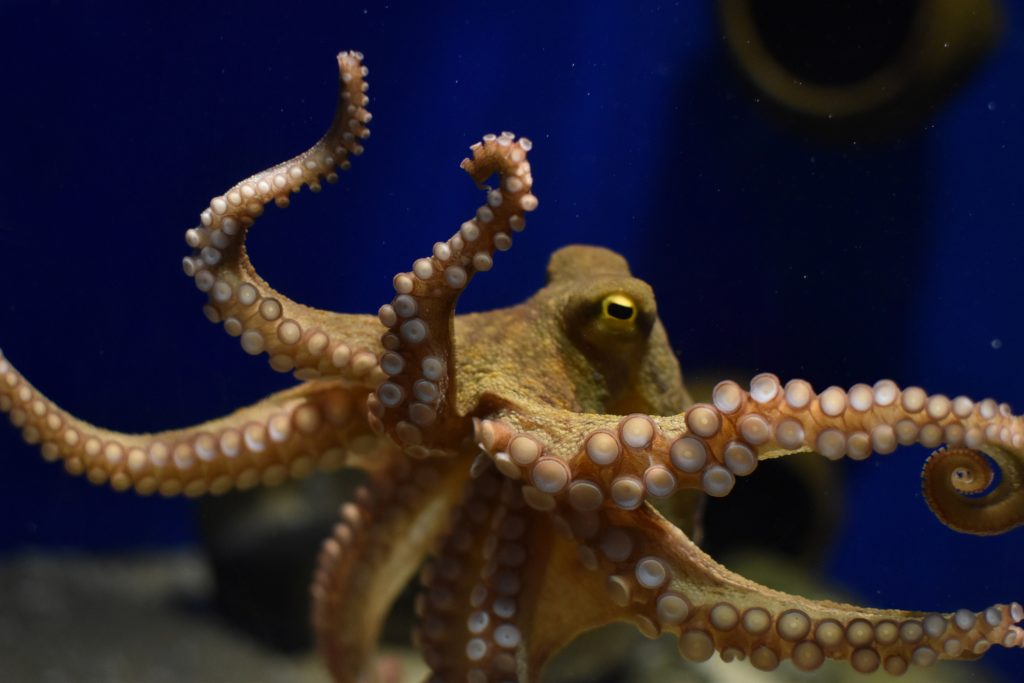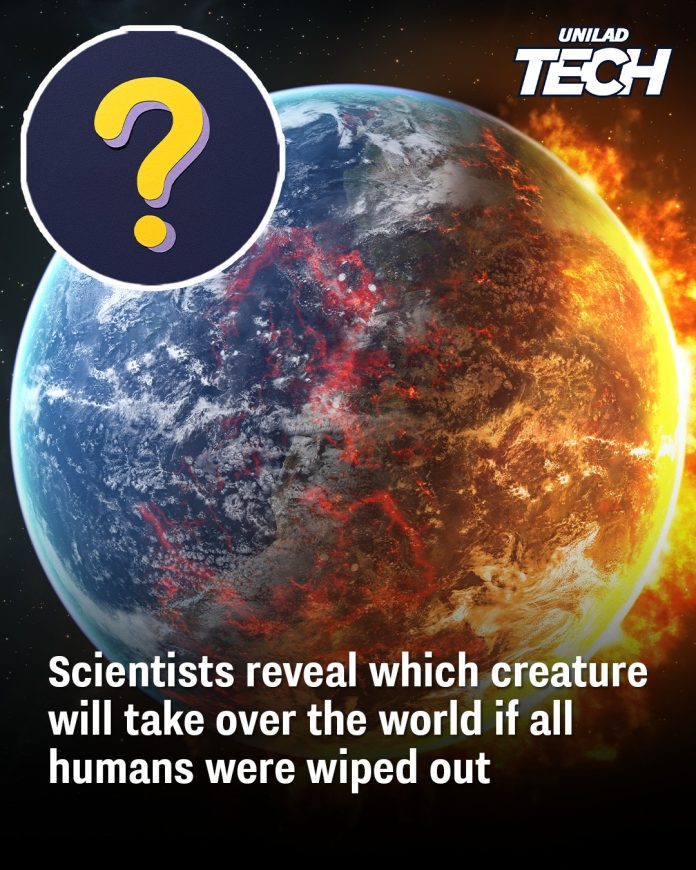In a thought-provoking exploration of Earth’s future, scientists have speculated on which species might rise to dominance should humans become extinct. Contrary to popular beliefs that cockroaches or primates would inherit the planet, recent discussions suggest that octopuses could be the next rulers of Earth.

Professor Tim Coulson from the University of Oxford posits that octopuses possess the necessary physical and mental attributes to evolve into a civilization-building species. In his work, The Universal History of Us, Coulson elaborates on the intelligence, adaptability, and resourcefulness of these cephalopods. He notes their ability to solve complex problems, communicate through color changes, manipulate objects, and camouflage with remarkable precision.
While the idea of octopuses ruling the Earth might seem far-fetched, their unique characteristics make them compelling candidates. Unlike primates, which are limited by small population sizes, restricted habitats, and slow reproduction rates, octopuses have demonstrated a capacity to exploit various ecological niches. Their independence and lack of reliance on social structures could be advantageous in a post-human world.
However, there are challenges to this hypothesis. Octopuses have relatively short lifespans, typically ranging from one to five years, which could impede the development of complex societies. Additionally, their lack of a skeleton makes terrestrial adaptation unlikely. Coulson suggests that if octopuses were to build civilizations, they would likely be underwater, constructing cities beneath the waves.

The concept of octopuses evolving to dominate Earth is speculative and would require millions of years of evolution. Nonetheless, it challenges our perceptions of intelligence and adaptability in the animal kingdom. As we consider the future of life on our planet, such discussions underscore the importance of understanding and preserving the diverse forms of intelligence that exist in nature.

















